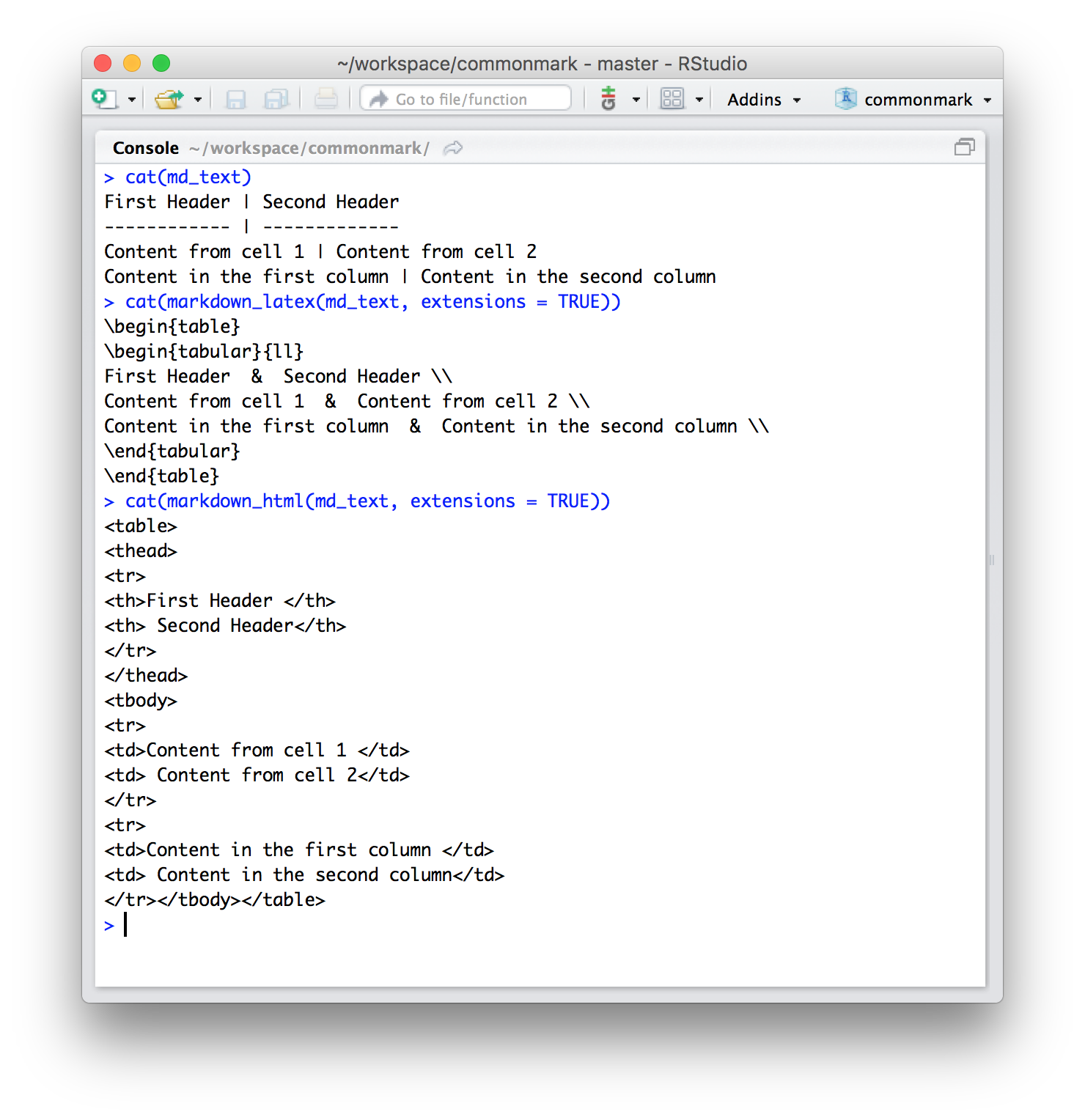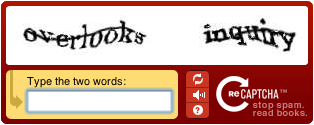Next week I’ll be in Washington DC to meet my peers in research community management as part of the inaugural class of the AAAS Community Engagement Fellowship Program! The program, funded by the Alfred P. Sloan Foundation, has a mission to improve community building and collaboration in scientific organizations and research collaborations by providing a year of training and support to a cohort of scientific community managers.
rOpenSci - open tools for open science
finch has just been released to CRAN (binaries should be up soon). finch is a package to parse Darwin Core files. Darwin Core (DwC) is: GBIF (Global Biodiversity Information Facility) is the biggest holder of biodiversity data.
Our Community Call on December 15th covered a big topic in tech communities: “How do I create a code of conduct for my event/lab/codebase?”. Here, we cover some of the key themes and considerations that arose from the discussion and point to curated resources and examples to follow when developing a code of conduct (CoC) for your community. Three guest speakers shared different perspectives.

rOpenSci’s overarching mission is to promote a culture of transparent, open, and reproducible research across various scientific communities. All of our activities are geared towards lowering barriers to participation, and building a community of practitioners around the world.
This week we released version 1.0 of the ropensci pdftools package to CRAN. Pdftools provides utilities for extracting text, fonts, attachments and other data from PDF files. It also supports rendering of PDF files into bitmap images. This release has a few internal enhancements and fixes an annoying bug for landscape PDF pages. The version bump to 1.0 signifies that the package has undergone sufficient testing and the API is stable.
A few weeks ago we announced the first release of the tesseract package: a high quality OCR engine in R. We have now released an update with extra features. Installing Training Data As explained in the first post, the tesseract system is powered by language specific training data. By default only English training data is installed. Version 1.3 adds utilities to make it easier to install additional training data.

This week the folks at Github have open sourced their fork of libcmark (based on the extensive PR by Mathieu Duponchelle), which they use to render markdown text within documents, issues, comments and anything else on the Github website.

Geospatial data - data embedded in a spatial context - is used across disciplines, whether it be history, biology, business, tech, public health, etc. Along with community contributors, we’re working on a suite of tools to make working with spatial data in R as easy as possible. If you’re not familiar with geospatial tools, it’s helpful to see what people do with them in the real world.
HTTP, or Hypertext Transfer Protocol is a protocol by which mostof us interact with the web. When we do requests to a website in a browseron desktop or mobile, or get some data from a server in R, all of that isusing HTTP.

Optical character recognition (OCR) is the process of extracting written or typed text from images such as photos and scanned documents into machine-encoded text. The new rOpenSci package tesseract brings one of the best open-source OCR engines to R. This enables researchers or journalists, for example, to search and analyze vast numbers of documents that are only available in printed form.
You can find members of the rOpenSci team at various meetings and workshops around the world. Come say ‘hi’, learn about how our packages can enable your research, or about our onboarding process for contributing new packages, discuss software sustainability or tell us how we can help you do open and reproducible research. Where’s rOpenSci?